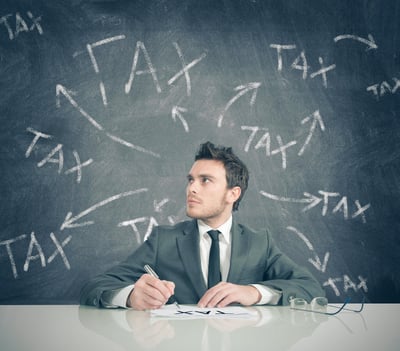- Home
- About
- Services
- Tools & Resources
- Client Info
- Request Info
- Carrier Tools
- Contact Us
- Get a Quote
- Français
This week we dig into some taxation fundamentals for importers.
What taxes do importers face on their goods?
Generally speaking, most commercial importers will be required to pay GST (goods and service tax) on imported goods.
However, importers that bring in certain fuel-inefficient vehicles, vehicles with air conditioning, and or petroleum products (fuel) will be subject also to excise tax.
In addition, surtaxes are sometimes imposed on certain goods, such as steel or aluminum, usually involved in trade disputes or import monitoring programs.
The taxes can be applied in a number of different ways:
Read more about the rates and calculations for excise tax here.
Typically, taxes are paid at the time of import if paying by cash. If an importer has a bond, the last business day of a given month.
The amount owed is usually calculated at the time of import.
Yes, coming in January of 2022, a luxury tax will be assessed on select luxury goods, such as cars, boats, planes for personal use.
Read more detail on tax amounts based on the value of the luxury item here.
Yes, but currently only for GST.
There are provisions under the excise tax act that exempt GST on certain types of goods (produce, farming equipment, fertilizers, commercial fishing equipment, etc) provided the goods meet certain conditions for exemption as outlined in the act.
Importers can apply for specific remission orders for surtax and or GST, provided they can meet certain conditions outlined by CBSA or CRA for exemption.
The most common mistake is importers not doing enough research prior to importing:
Bottom line? Research, research, research. And call your Broker.
An experienced Customs Broker can make the import taxation clearer. We’ve been in the customs brokerage business for more than half a century. We’re ready to help.
